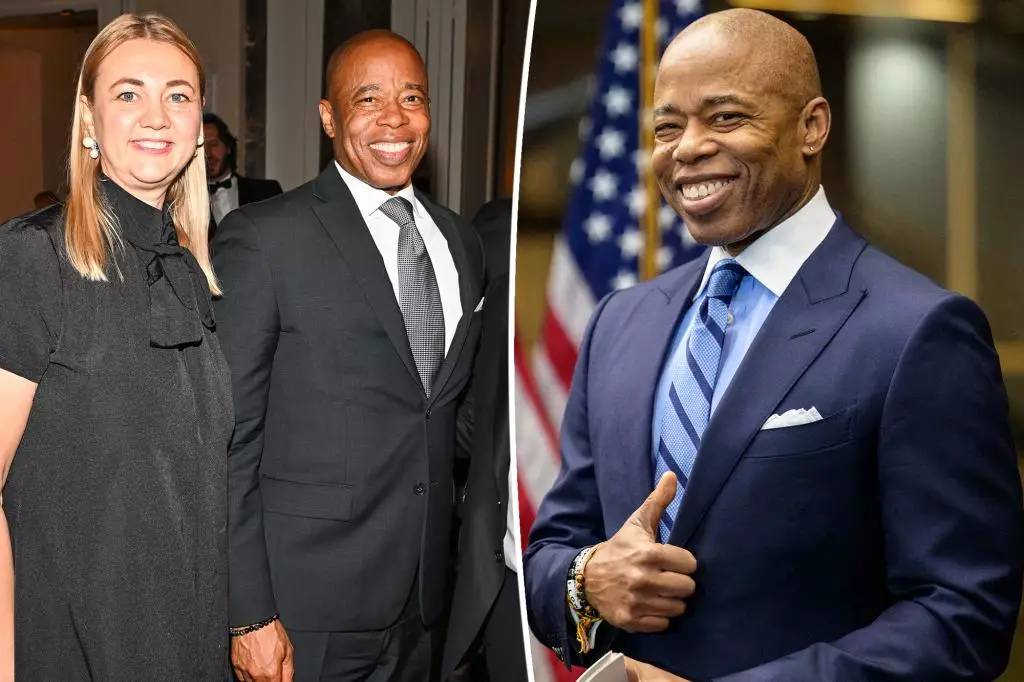In a city known for its high-profile events and cultural flair, the recent blunder surrounding the potential Met Gala afterparty hosted by Mayor Eric Adams’ aide, Alisa Roever, is as perplexing as it is revealing. The promise of a “mayor gala” at Gracie Mansion following the prestigious fashion event seemed to captivate the imagination of many, but it was little more than an unsubstantiated rumor that quickly unraveled under scrutiny. Most alarmingly, it demonstrates an alarming trend in the administration’s communication strategies—an evident disconnect that leads to embarrassment not only for those involved but ultimately for the city itself.
False Promises and Miscommunication
Roever’s enthusiastic announcement on social media highlighted an inadvertent lack of clarity regarding the Mayor’s availability, a recurring theme in this saga. When queried for details about the event, a spokesperson for Adams hastily debunked the notion that the affair had ever been confirmed or scheduled. The response would suggest a lack of proper planning or oversight, raising questions about how such a notable lapse could occur in a politically charged environment.
This incident mirrors previous missteps by the administration, indicating a clear pattern of overpromising and undermining credibility. History repeated itself when similar excitement was built around various charity gatherings, only for Adams to be mysteriously absent. How can those in powerful positions expect public trust when they seem to operate with little regard for accountability?
The Price of Public Relations Misfires
Perhaps the most troubling aspect of the Met Gala afterparty debacle is the impact it has on community trust and relations. High-profile charities, like the one Roever previously orchestrated with the promise of Adams’ appearance, sold tickets at exorbitant prices without proper communication or authorization from the Mayor’s office. Attendees, some who paid thousands, reported being left in the dark—an experience that undoubtedly diminishes goodwill toward both the charity and its political endorsements. Can any event, deemed “official,” truly be recognized without the backing it purports to have?
Moreover, these incidents underline the delicate fabric of political image management. Public officials must tread carefully when leveraging social influence to bolster their reputations or promote causes, as unsubstantiated claims can lead to irrevocable damage. When charisma converts to confusion, the public’s patience wears thin.
Looking Forward: Navigating the Future
With eyes now turned toward the forthcoming Met Gala, the critical question remains: will Mayor Adams rectify his image and seize the opportunity to reclaim his standing on such a monumental occasion? The Mayor’s representatives cautiously mentioned that they are still evaluating his schedule, a statement that carries double-edged implications. On one hand, they are rightly managing expectations; on the other, it signals that uncertainty may linger close to the surface of his public presence.
Adams should take this as an opportunity to demonstrate strong, decisive leadership by promoting transparent communication not just among his team, but also with the public. Honesty, a relevant date on the calendar, and authenticity could well yield a more harmonized approach to the ever-changing landscape of his public engagements. It is time for the administration to move beyond mere promises and become a beacon of accountability amidst the glamorous chaos of New York City’s social scene.

Leave a Reply